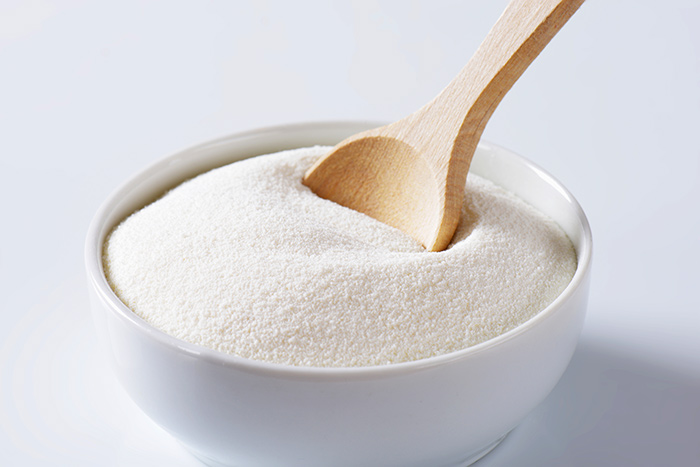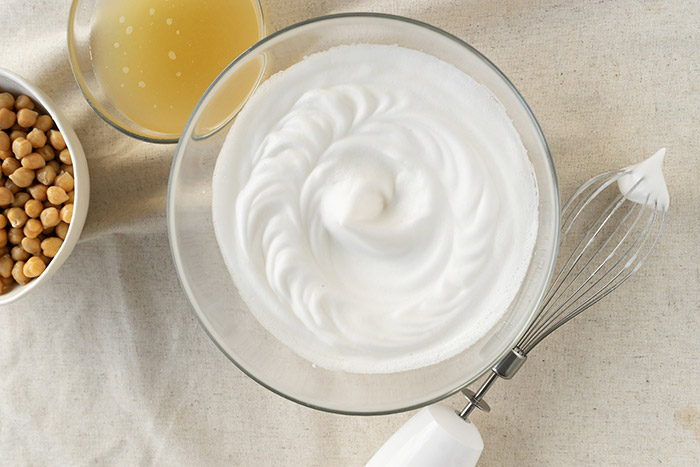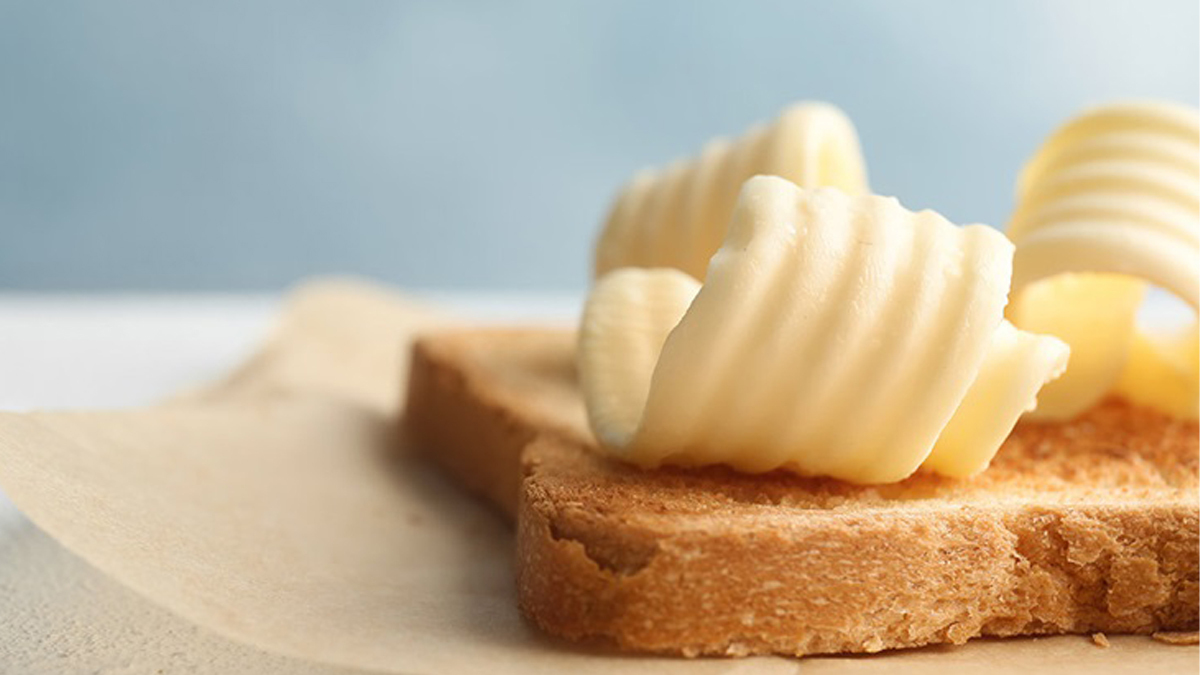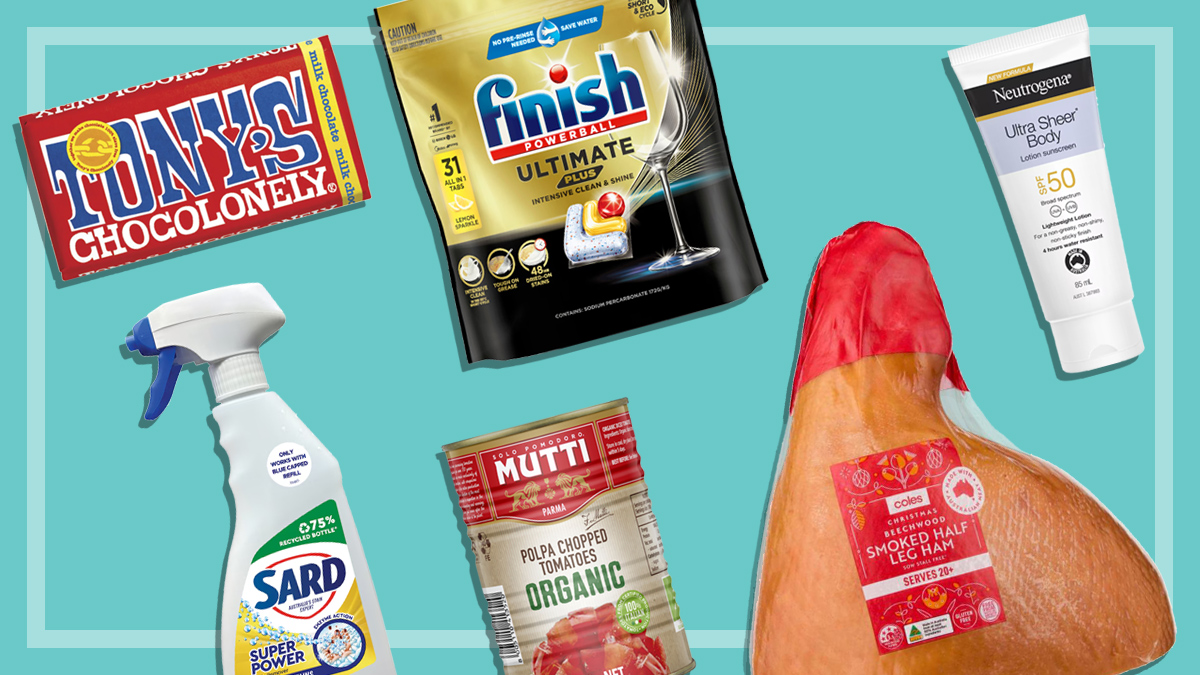Get our independent lab tests, expert reviews and honest advice.
Food substitutes for when you’ve run out of ingredients

We’ve all been there. You’re in the middle of cooking dinner and you go to grab a particular ingredient only to find you’ve run out.
It’s annoying at the best of times, but it’s even worse when you’re self-isolating or limiting your trips to the supermarket.
But just because you’ve run out of an ingredient doesn’t have to mean your dish is ruined. You might be able substitute it with another ingredient that’s already in your fridge or cupboard. (Note: keep in mind that substitutions may not perform in exactly the same way as the original ingredient and can change the taste and texture of your dish.)
Here we’ve compiled a list of useful food swaps for when you’re missing an ingredient.
Got any handy food swap tips? Share them in the comments below.

Flour and leavener
Self-raising flour
Plain flour can be hard to come by at the moment. But if you’re lucky enough to have a bag or two in the cupboard, only to find yourself in need of the self-raising option, it’s easy to DIY.
For each cup of flour, just add two teaspoons of baking powder and sift together to make sure it’s thoroughly distributed.
But what if all you have on hand is self-raising flour? Well, depending on the recipe, you can use it instead of plain – just leave out raising agents such as baking powder or baking soda that are called for in the recipe.
Note: domestic goddess Nigella Lawson doesn’t bother keeping self-raising flour in her pantry – partly to save on storage and partly because it loses its raising power over time.
Cake flour
When looking at cake recipes, some (mostly from the US) call for cake flour, which has a lower protein content and results in a fine crumb with a tender texture. It’s difficult to find in Australia, but luckily it’s easy to make your own. Or simply sub it with plain flour.
To make one cup of cake flour:
- measure out one cup of plain flour
- remove two tablespoons of flour
- add two tablespoons of cornstarch.
Plain flour
If you’ve run out of plain flour altogether, you could try rice flour, coconut flour and chickpea flour. Almond meal and oat flour are also good substitutes, and you can make both by blitzing either whole almonds or oats in a food processor until fine.
Baking powder
No baking powder, no problem!
To make the equivalent of one teaspoon of baking powder, mix ¼ teaspoon of baking soda with ½ teaspoon cream of tartar.
Sugar
Caster sugar
Put granulated sugar in a food processor or blender and blend until the granules are fine (but not powdery – that’s when you’re veering towards icing sugar territory).
If you already have caster sugar and the recipe calls for granulated, CHOICE kitchen expert Fiona Mair says you can do a direct swap. “Caster sugar is a better option in most cakes and desserts,” she says.
Icing sugar
Blend one cup of granulated sugar and one teaspoon of cornstarch in a food processor until powdery.
Brown sugar
Make light or dark brown sugar by adding one or two tablespoons of molasses, respectively, to one cup of granulated sugar.
Dulce de leche
If you’ve run out of this delicious caramelly treat, you can make your own with a tin of sweetened condensed milk.
Peel off any labels and pop the tin in a saucepan of water, ensuring the tin is fully submerged. Bring to the boil and then simmer, uncovered, for two to three hours (you may need to add more water as it evaporates).
Warning: don’t open the can until it’s cooled down as it might explode
Take the tin out and leave to cool. Warning: don’t open the can until it’s cooled down as it might explode.
Fiona Mair adds: “You can also make it in your slow cooker. Remove the label from the sweetened condensed milk, place in the slow cooker and cover with water, then set on low for eight hours. Cool before opening.”

Dairy
Milk
If you’ve run out of fresh milk, consider using powdered milk or evaporated milk instead. Simply make it up according to the packet instructions.
You could also use your favourite plant-based milk alternative, bearing in mind the texture and flavour will be different.
For baking purposes, tinned coconut milk is also a good substitute.
Buttermilk
Buttermilk has a slightly sour, acidic taste and can be used for making scones, pancakes, cakes, marinades and more. But if you don’t think you’ll use up a whole carton (or if you simply can’t find it in the supermarket) it’s incredibly easy to make your own.
Mix together one cup of milk (or plant-based alternative) with one tablespoon of either lemon juice or vinegar. Let it stand for 5–10 minutes until curdled, then it’s ready to use.
Plain yoghurt is another useful substitute for buttermilk, as is plain kefir (if you happen to have it lying around).
Sour cream
For dolloping purposes, you can use the equivalent amount of crème fraîche (essentially the French version of sour cream), Greek yoghurt, or even strained plain yoghurt.
For baking, add one tablespoon of lemon juice to 180ml of milk and stand for 10 minutes, then add 60g of melted butter. This will give you the equivalent of 250g (one cup) of sour cream.
Butter
Nothing can really match the taste of butter spread on toast or dolloped onto a baked potato, but you could use margarine. Or, if you happen to have some thickened cream lying around, you can make your own butter by whipping it in a stand mixer or shaking it in a jar.
But for spreading, or as a base for a filled roll or sandwich, you can replace butter with hummus, avocado, cream or cottage cheese, or nut butters.
For stovetop cooking, olive oil, ghee, lard, shortening and coconut oil are good substitutes.
When it comes to baking, there are a few surprising options such as apple sauce, mashed banana, pumpkin purée, avocado, coconut oil, Greek yoghurt and nut butters. Some of these have a higher water content than butter, while others may add extra sweetness, so you may need to adjust your recipe accordingly.

Herbs and spices
Fresh herbs
For herby salads or home-made pesto, fresh is best. But for many other recipes it’s fine to swap fresh herbs for dried (and vice versa). Simply replace the amount of fresh herbs with one third of the amount of dried herb.
Sumac
This dried red spice is used in many Middle Eastern recipes and is a useful addition to any spice cabinet. But if you’ve run out, try using lemon zest instead.
Cinnamon
Nutmeg or allspice can be used instead, but use half the amount called for in the recipe.
Garlic and onion
It’s not often I run out of these cooking essentials, but when I do, I thank the spice cupboard gods, as I always have a bottle or two of their powdered equivalents rattling around at the back.
For one clove of garlic, substitute with ⅛ teaspoon of garlic powder.
For one cup of chopped onion, substitute with one tablespoon of onion powder.
Saffron
Let’s face it, saffron is too expensive for most of us to have on hand at any time. But you can fake it by adding turmeric, which adds a similar shade of yellow to the dish.
Ground spices
If you already have whole spices such as mustard seeds, cumin, coriander or peppercorn, don’t bother buying the ground version too. You can simply whizz them up in a spice grinder, blender or mini food processor until powdery. The flavour should be fresher and more intense.

Eggs
Common substitutes for one large egg include:
- Three tablespoons of aquafaba (the liquid from cooking chickpeas or from a tin of chickpeas)
- One tablespoon of ground flax seeds and three tablespoons of water
- One tablespoon of chia seeds (whole or ground) and three tablespoons of water
- Two tablespoons of arrowroot powder and three tablespoons of water
- 1/4 cup of unsweetened applesauce
- 1/4 cup of mashed banana (about 10cm)
- Two tablespoons of water plus two teaspoons of baking powder and one teaspoon of vegetable oil
- 1/4 cup of carbonated water
- 1/4 cup of silken tofu, blended until smooth.
Egg whites
Aquafaba is also a great substitute for egg whites. Two tablespoons is the equivalent of one egg white, and you can use it in baking to lighten cakes and batter, or even to make meringues or marshmallows. Just whip it for around 15 minutes before using.
Rice
Whether you’ve run out or just trying to add a bit of variety to your diet, there are quite a few healthy alternatives to white rice to choose from. They include cauliflower or broccoli rice, quinoa, pearl barley, couscous, farro and bulgur wheat.
Risotto rice
Want to make risotto but can’t get your hands on any risotto rice (such as arborio, carnaroli or vialone nano)? You can replace it with any short- or medium-grain rice or even farro or pearl barley.
Spaghetti
Zoodles (zucchini noodles) and other spiralised vegetables such as pumpkin and carrot are a popular low-carb substitute for noodles. If you don’t own a spiraliser, you can use a vegetable peeler, grater or knife.
Hummus
No tahini? No problem. It may make purists shudder, but you can use peanut butter to make hummus, or even sesame oil.
Breadcrumbs
Once you’ve realised just how easy it is to replace store-bought breadcrumbs, you might never buy them again.
Dupes include crushed potato chips, crackers, pretzels and cornflakes.
To make fresh breadcrumbs from scratch, take a couple of slices of two-day old bread, rip it up into pieces and pulse it in a food processor until it reaches the consistency you want.
For dried breadcrumbs, tear two-day old bread into pieces, dry it out in a low-temperature oven, then pulse in a food processor.






